
Dubious Diagnosis
A war on “prediabetes” has created millions of new patients and a tempting opportunity for pharma. But how real is the condition?
Read or listen offline
Amazon KindleRecommendation
At the crossroads of consumer fear and medical authority, there is a land ripe with opportunities for specialty practitioners and the drug companies that love them. “Prediabetes” is a mischievous little diagnosis that remains unrecognized by most international diabetes organizations, but in the United States the number of people with the diagnosis grows at a rate similar to the growth of the bank accounts of the American Diabetes Association’s resident experts. This Science article provides the minimum-effective dose of rage against the medical-pharmaceutical complex.
Summary
About the Author
Charles Piller is an investigative journalist for Science. He’s also written about public health for STAT, the Los Angeles Times and The Sacramento Bee.


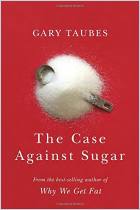
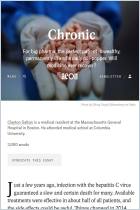
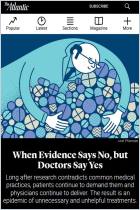
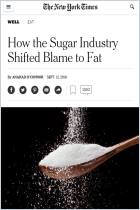
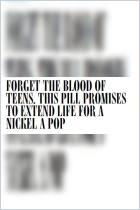
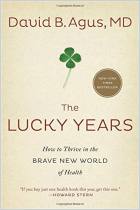







Comment on this summary